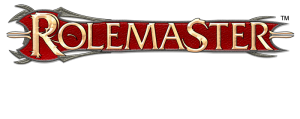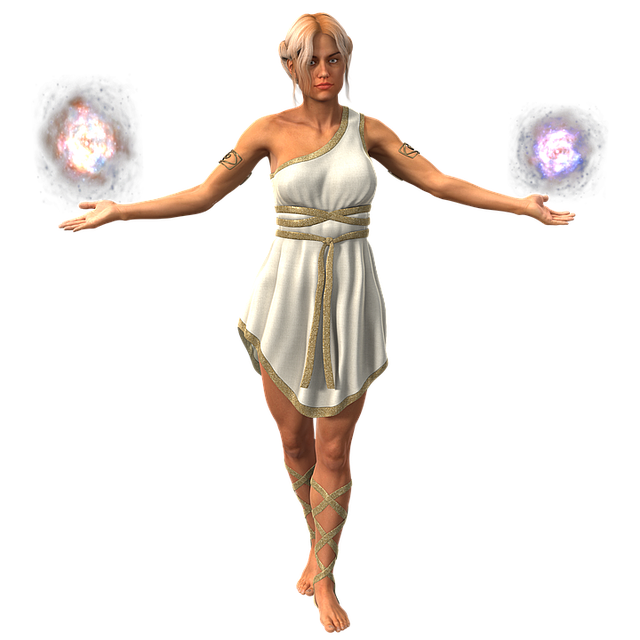Imagine for a minute a player asks the perfectly reasonable question of “Can I remember what colour her eyes were?”
What I have always done in the past was ask for a skill check using the characters Memory stat bonus as the skill bonus.
When I moved from RM2 to RMC and the threshold for success went from 101+ to 111+ for most casual stat based tests success required an open ended roll. If that was reasonable 19 out of 20 trips to the shops for me would probably end in chaos and that could not be right. For me 1 in 10 trips to the shop ends up with me bringing home the right thing.
So I started thinking about these non-skill rolls. Not everything has a governing skill. Simple tests of memory, trying to catch a plate before it hits the floor or trying to lift a portcullis.
I have often thought that Stats in Rolemaster are largely irrelevant. Once you have rolled them you only ever use the Stat Bonus and never the stat. The exception is body development that uses 1/10th of the Con stat for base hits.
In eliminating the body development skill I have previously suggested using Con + 1/2 SD to find the Total Hits. That would give a starting character a typical 75 hits. That is more than the default starting hits under the RAW but that is not a bad thing. It gives starting characters a bit more longevity and is slightly more realistic than a starting character can take 18hits and a 10th level character can take 150hits. Why is the more experienced character so much more damage resistant?
I don’t use level so there will be no levelling up. I do use a RuneQuest style skill improvement. You roll higher than your current skill total and upon success you gain a skill rank.
I use a similar scheme for stat gains. During periods of rest & recovery you can roll against your stats. If you roll higher than your current stat then your stat increases by 1. You can only roll against stats that have been used. What that means in practice is if you used the Trickery skill you would put a small tick against the skill itself and against Pr and Qu. When it came to doing the tests for improvement then you could roll against those two stats and the one skill. This means that the skills you use tend to improve and the stats you are using tend to improve.
So going back to my simple memory test, to get a result of 111+ just to remember if your girlfriends eyes are Brown or Blue seems a bit of a tough call. That is a open ended roll for most people. If as a GM you wanted to put in a difficulty factor for recalling facts that character saw or heard weeks or months ago then the test becomes almost guaranteed failure pretty quickly.
What if we didn’t use the stat bonus but the actual stat? So Joe average has a memory of 50. What colour are his girlfriend’s eyes? Roll 111+ on 1d% OE +50. That pretty much gives a 60/40 chance of failure which in my experience seems pretty realistic, or is that just me?
So what about lifting a portcullis? Now with an average stat of 50 you, as GM, have scope to put a difficulty factor in there. Sheer Folly is a -50 so trying to lift a portcullis on your own would still require an open ended roll. That also seems realistic. If the character had the Athletic skill then by all means let him or her use it but you cannot make simple tests of strength dependent on such a skill. You cannot tell me that someone with a strength of 90 cannot lift something heavy without learning to play football first?
The final missing part of the puzzle is the racial differences. High Men are about the strongest commonly played race and they get a +10 strength bonus. Elves get a bonus to Memory. If you were to roll these Stat based tests as Stat + Racial Bonus then you would retain the flavour of the races.
Using this method what you get is more competent PCs, greater flexibility as a GM to challenge the characters and Stats gain greater importance beyond just a measure for finding the stat bonus.



